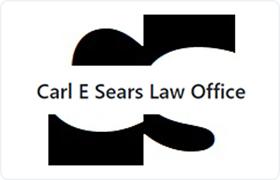Flint Divorce & Family Law Lawyer, Michigan, page 9
Sponsored Law Firm
-
 x
x

Click For More Info:
-
Carl E. Sears Law Office
17360 W. 12 Mile Road Ste. 105 Southfield, MI 48076» view mapDivorce & Family Law The Vital Lawyer For Your Outcome
We use creative approaches on issues such as divorce, parenting time, custody, alimony, and property division to extract the most from Michigan law and achieve results.
800-692-9880
Heather M. Bush
Wills & Probate, Wrongful Termination, Family Law, Bankruptcy
Status: In Good Standing Licensed: 29 Years
Howard J. Bueche
Estate Planning, Estate, Family Law, Corporate
Status: In Good Standing Licensed: 73 Years
Jack F. Belzer
Family Law, Estate Planning, Limited Liability Companies, Government
Status: In Good Standing Licensed: 51 Years
Jade Jozzmenia Edwards
Other, Family Law, Divorce & Family Law, Business, Medical Malpractice
Status: In Good Standing
James J. Trembley
Estate Planning, Estate, Family Law, Divorce & Family Law
Status: In Good Standing Licensed: 52 Years
James H Stephenson
Federal Appellate Practice, Divorce & Family Law
Status: In Good Standing Licensed: 32 Years
Jamie Lauren Schonberg
Family Law, Criminal, Collection, Social Security
Status: In Good Standing Licensed: 10 Years
 Carl E. Sears Southfield, MI
Carl E. Sears Southfield, MI Practice AreasExpertise
Practice AreasExpertise
